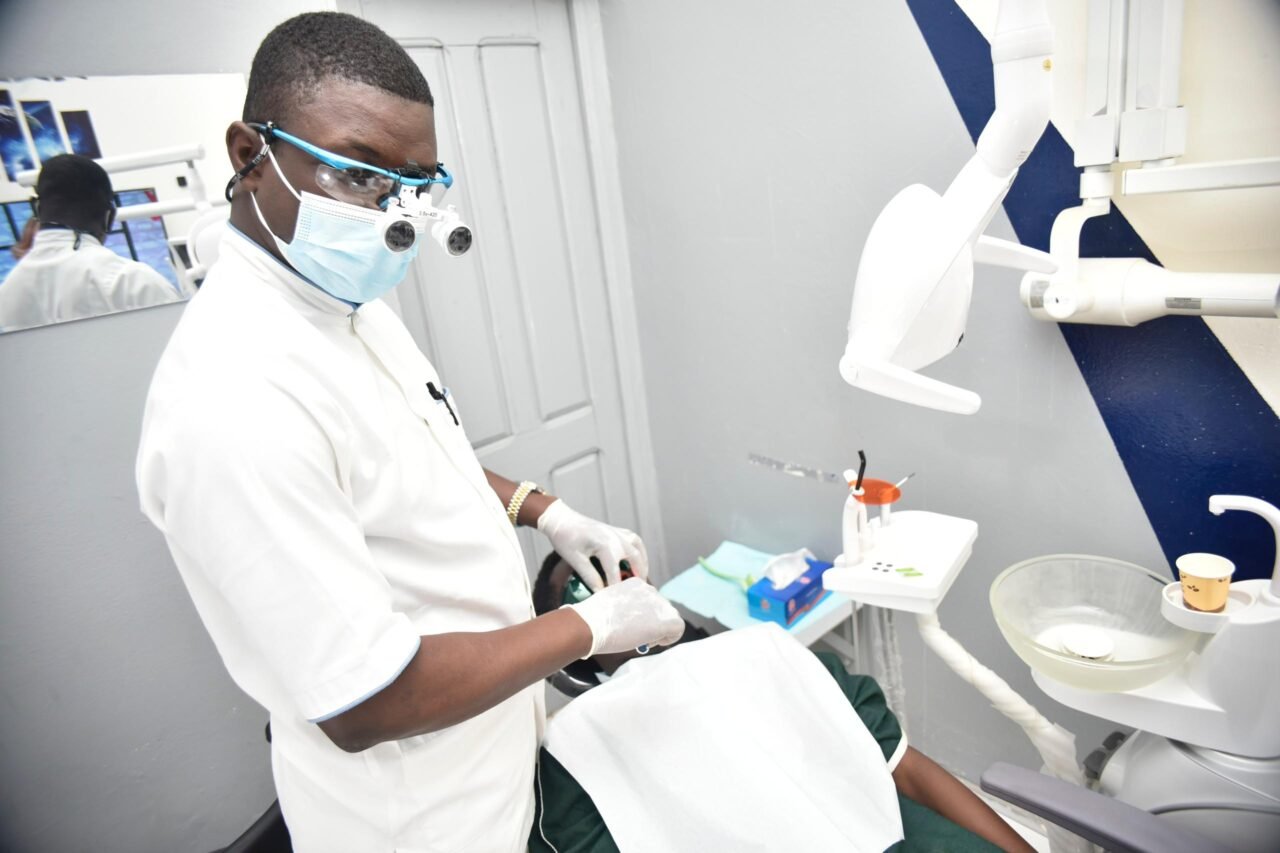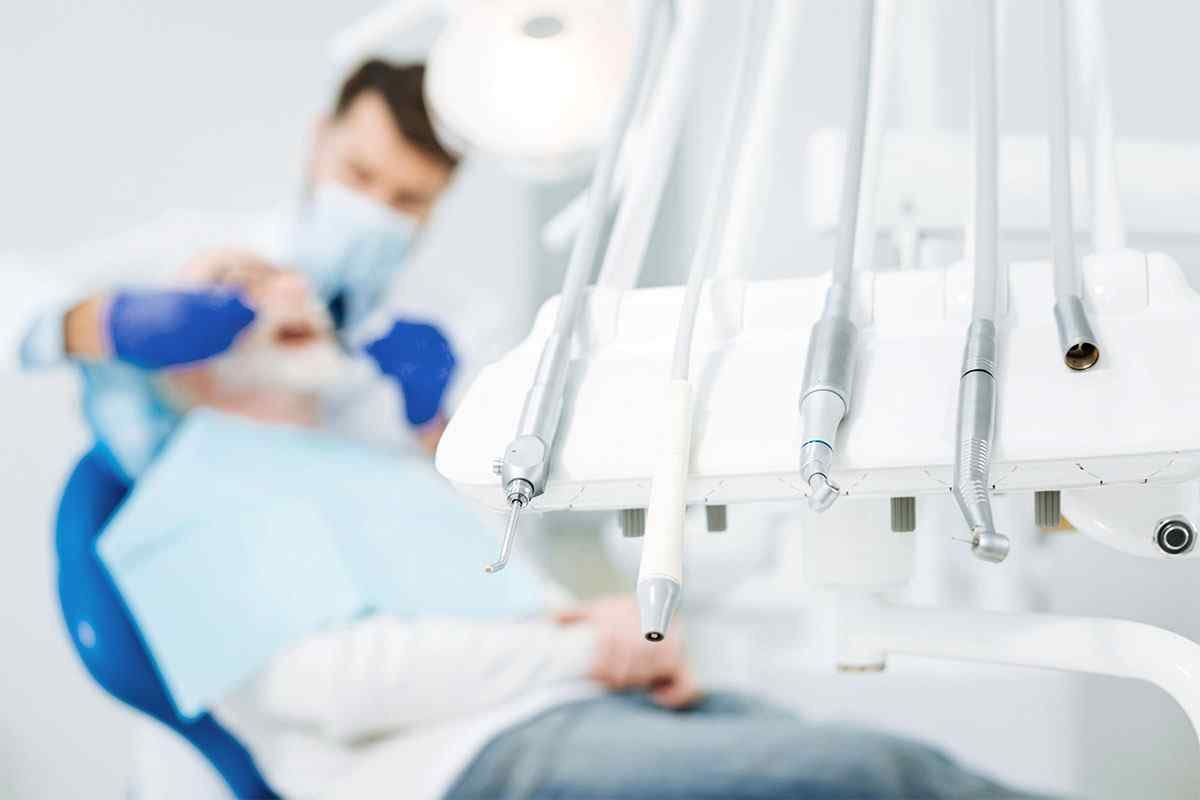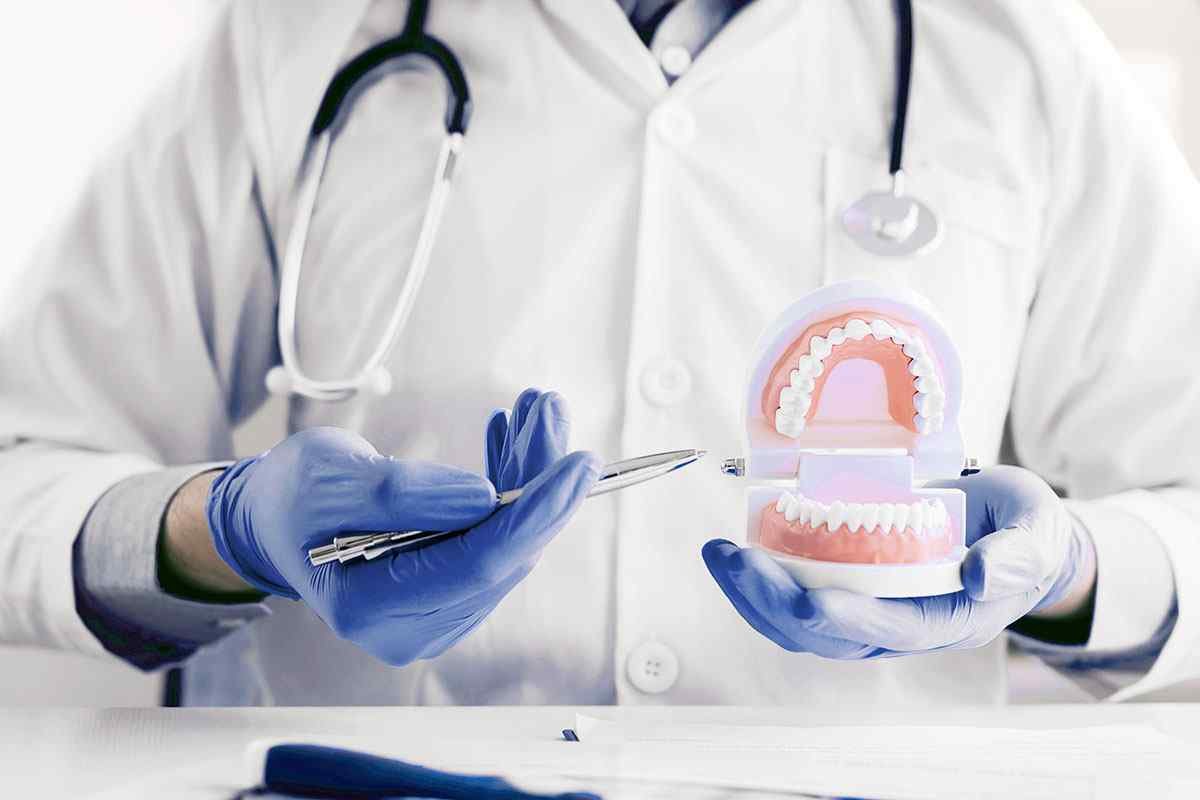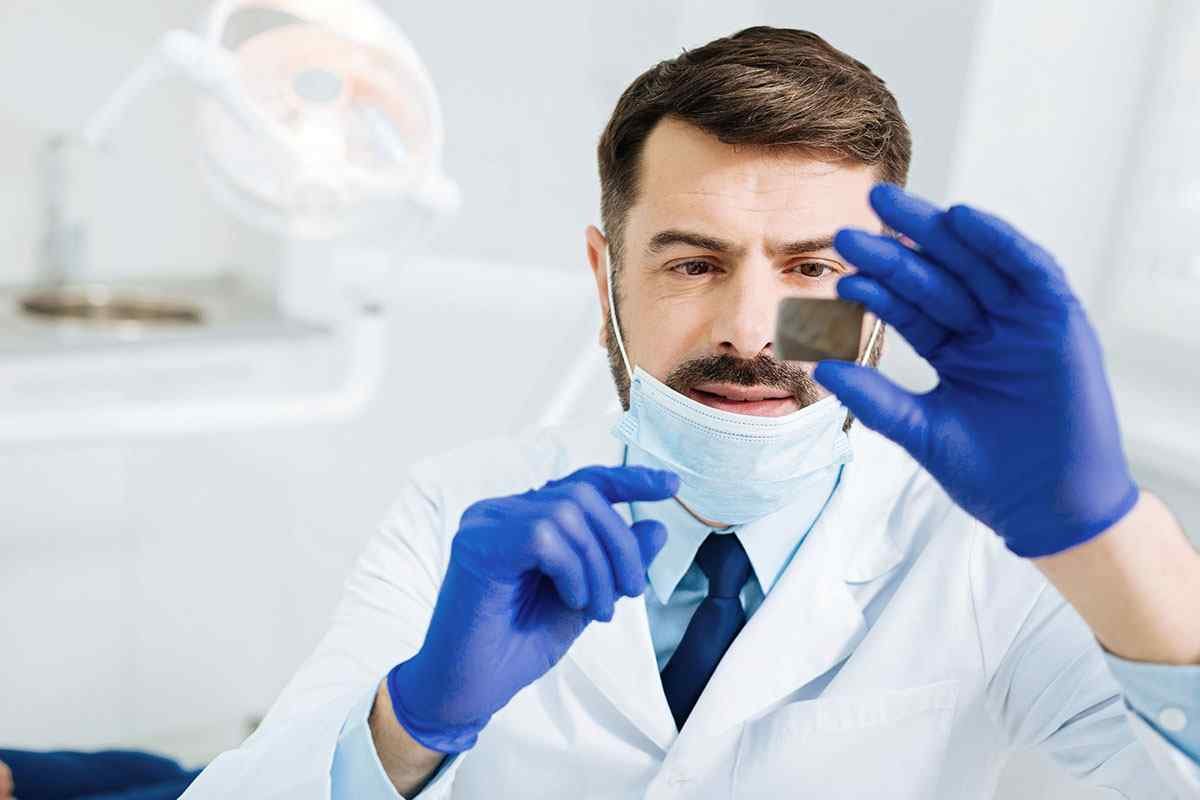Questions fréquemment posées
Questions

Télécharger la brochure
Une visite régulière chez le dentiste permet non seulement de garder les dents et la bouche en bonne santé, mais aussi de maintenir le reste du corps en bonne santé. Les soins dentaires sont importants car ils
ils aident à prévenir les caries dentaires
Ils protègent contre les maladies parodontales (gencives), qui peuvent entraîner la perte de dents et d’os.
Prévenir la mauvaise haleine – le brossage des dents, l’utilisation du fil dentaire et les visites régulières chez le dentiste contribuent à réduire la quantité de bactéries dans la bouche qui sont à l’origine de la mauvaise haleine.
vous donne un sourire plus attrayant et augmente votre confiance en vous
Aide à conserver des dents éclatantes en évitant qu’elles ne soient tachées par les aliments, les boissons et le tabac.
Renforce vos dents afin que vous puissiez profiter d’un sourire sain et magnifique pour le reste de votre vie !
Même si vos dents vous semblent en bon état, il est important de consulter régulièrement un dentiste, car des problèmes peuvent survenir sans que vous le sachiez. L’apparence de votre sourire est importante, et votre dentiste peut vous aider à le garder sain et beau. Grâce aux nombreux progrès de la dentisterie, vous n’avez plus à vous contenter de dents tachées, ébréchées, manquantes ou difformes. Les dentistes d’aujourd’hui proposent de nombreux traitements qui peuvent vous aider à sourire en toute confiance :
Blanchiment professionnel des dents
Des obturations qui imitent l’apparence des dents naturelles
le remplacement de dents et la transformation complète du sourire
Il est important de choisir un dentiste qui vous convient, à vous et à votre famille, et vous pouvez envisager de consulter plusieurs dentistes avant de prendre votre décision finale. Lors de votre première visite, vous devriez être en mesure de déterminer si le dentiste vous convient. Lors de votre rendez-vous, tenez compte des points suivants :
L’horaire du rendez-vous est-il pratique ?
Le cabinet est-il facile d’accès et situé à proximité ?
Le cabinet semble-t-il propre et ordonné ?
Vos antécédents médicaux et dentaires ont-ils été enregistrés et placés dans un dossier permanent ?
Le dentiste vous explique-t-il les techniques pour une bonne santé bucco-dentaire ?
L’information sur les coûts vous est-elle présentée avant que le traitement ne soit programmé ?
Votre dentiste est-il membre de l’ADA (American Dental Association) ?
- Always remember to brush your teeth at least two times a day, and floss at least once!
- Make sure to use toothpaste that contains fluoride, and ask your dentist if you need a fluoride rinse. This will help prevent cavities.
- Avoid foods with a lot of sugar (sugar increases the amount of bacteria that grows in your mouth causing more plaque and possibly cavities) and avoid tobacco (this can stain your teeth, cause gum disease, and eventually lead to oral cancer).
- Don’t be afraid to brush your tongue! By brushing your tongue, you will remove food particles and reduce the amount of plaque-causing bacteria. Tongue brushing also helps keep your breath fresh.
- Be sure to schedule your routine checkup. It is recommended that you visit the dentist every six months.
The American Academy of Pediatric Dentistry (AAPD) recommends that children first see a dentist as early as six months of age and no later than one year of age. During this time, your child’s baby teeth will be coming in and your dentist can examine the health of your child’s first few teeth. After the first visit, be sure to schedule regular checkups every six months.
Your toothbrush will eventually wear out, especially if you are brushing your teeth twice a day for two to three minutes each time. Your dentist recommends that adults and children change their toothbrush every three months. If you are using an electric toothbrush, be sure to read the directions because you may not need to change toothbrush heads as frequently. Patients with gum disease are encouraged to change their toothbrush every four to six weeks to keep any bacteria from spreading. After brushing, rinse your toothbrush with hot water to kill germs and keep the bristles clean. If you’ve been sick, be sure to change your toothbrush as soon as possible.
According to your dentist and the American Dental Association, you should brush your teeth at least two times a day. Brushing keeps your teeth, gums, and mouth clean and healthy by removing bacteria-causing plaque. It is also recommended that you use a soft-bristled toothbrush and toothpaste that contains fluoride when you brush your teeth. You should spend at least a minute on the top teeth and a minute on the bottom teeth, and remember to brush your tongue; it will help keep your breath smelling fresh!
Also known as periodontal disease, gum disease is mostly caused by plaque and bacteria buildup that is not treated in its early stage. Other causes of periodontal disease include tobacco use, teeth grinding, some medications, and genetics. Gingivitis is the beginning stage of gum disease, and, if detected, is treatable. Gingivitis left untreated may turn into gum disease. Advanced gum disease will lead to tooth and bone loss, and is a permanent condition. Brushing your teeth regularly and visiting the dentist every six months will help prevent gingivitis and more severe cases of periodontal disease.




